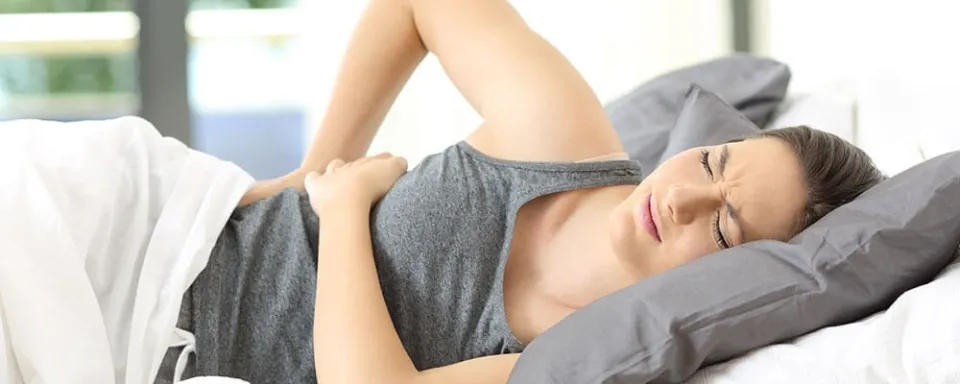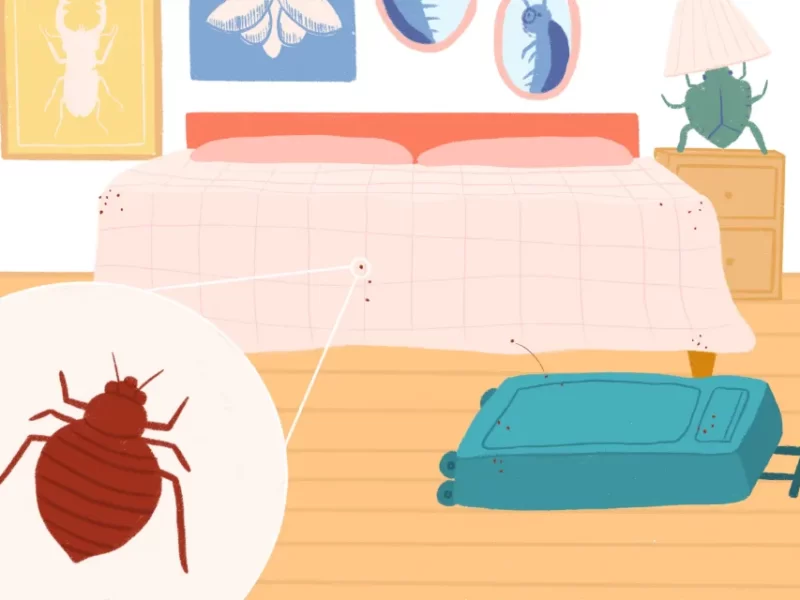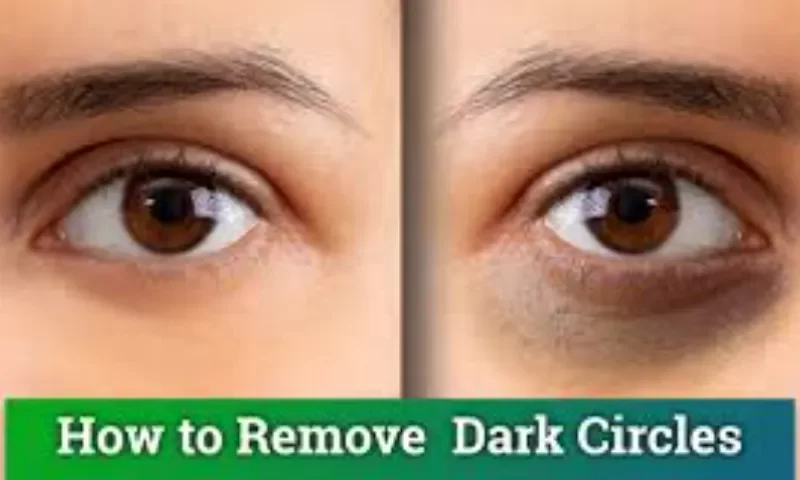Back pain brought on by a mattress? Our mattress greatly influences the quality of our sleep and the way we feel when we wake up each morning, so yes, a bad one can affect how we feel. Consistently sleeping on the incorrect mattress can strain the muscles and cause the spine to lose its natural alignment, which can lead to back pain. However, a firm mattress can support your spine and shield you from back pain by keeping it in a neutral position.
People are more likely to experience shoulder pain, neck stiffness, and chronic back pain if they are unable to grasp the delicate science involved in selecting the best sleeping surface for their sleeping habits.
How can you determine if your bed is the source of your back pain? How can you be certain that the primary cause of your back problems is your mattress?
Is Your Bed Causing Back Pain? 11 Altering Signs
Here is a list of 11 signs to look out for in a mattress to know if it is the sole reason behind your back pain:
You Get Up in Pain
The mattress and your sleeping position are likely to be the causes of your back pain if you report it as soon as you wake up every morning. Back pain in the morning can be caused by sleeping on an old mattress or a mattress that is too soft for you.
You Are Tossing & Turning All Night
The main factor contributing to your restless night’s sleep may be an uncomfortable mattress. Your inability to find a comfortable sleeping position, which can lead to back pain, may be the cause of your constant tossing and turning.
You Are Always Tired
Your morning mood may be directly influenced by your mattress. Examining your mattress should be your first step if you suffer from fatigue and back issues.
You’ve Got Things That Go Lump in the Night
It won’t come as a big surprise to you, but a lumpy mattress can hurt your back. Lumps are a good indicator that it’s time for a mattress upgrade, even though rotating your mattress or adding a good mattress topper may temporarily fix the problem.
You’re Sinking into the Mattress
Your back problems may be brought on by the fact that you feel as though you are sinking into your mattress and that your spine cannot stay in a neutral position.
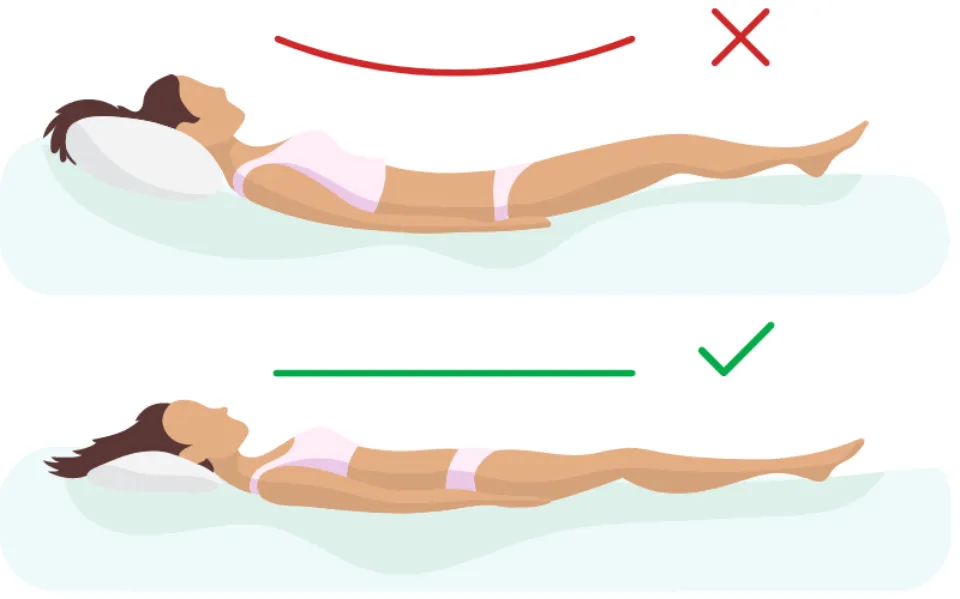
Your Mattress is Either Too Soft Or Too Hard
You may not even notice it, but a mattress that is too soft for you can cause spinal pain. Joint pressure results from a mattress that is too firm. To address this problem, the majority of sleep professionals advise choosing a medium-firm orthopedic mattress.
Your Mattress is New
A new sleeping surface frequently requires some time for our bodies to adapt. The likelihood that a new mattress will cause lower back pain is high if you start to experience back pain after switching to a new one. Simply allow your body some time to adjust to it.
Your Mattress is Too Old
Experts in sleep strongly advise replacing a mattress every 7-8 years. The reason is that the mattress will probably get old. Not only that, but our bone density, sleep patterns, and body weight all change over time. This necessitates getting a new mattress with the ideal level of firmness and support.
Your Mattress is Saggy & Uneven
Sleeping on an old, lumpy mattress, in the opinion of many sleep experts, greatly increases the risk of developing chronic back pain. Pay attention to any obvious sagging in the mattress, especially in the middle, as this can be very bad for your spine’s health.
You Can’t Fall Sleep
The environment in which you sleep can be directly linked to any type of sleep disturbance. Uninterrupted sleep is made possible by your mattress, which serves as the bedrock of your sleeping area.
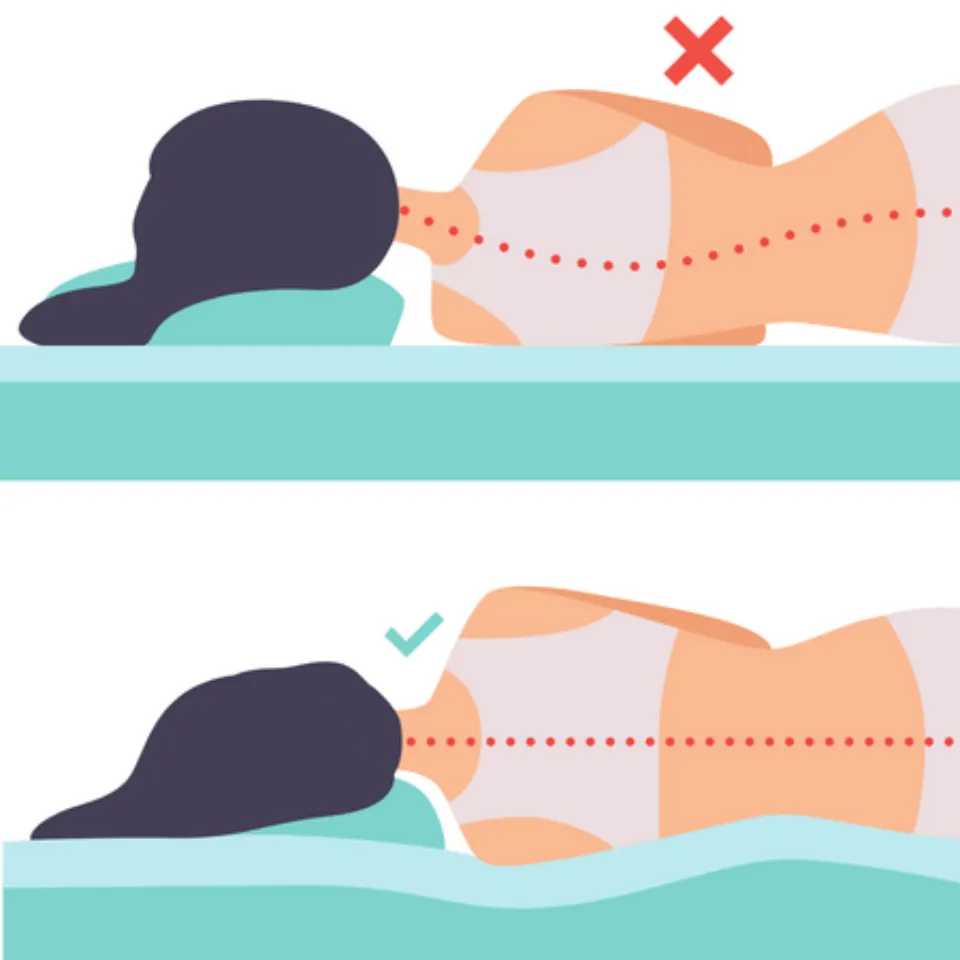
Comfortable Sleep Seems Just a Dream
A comfortable mattress is a prerequisite for restful sleep. If your current mattress isn’t making you feel rested, it might not be the best fit for you.
How to Choose a Good Mattress?
Some mattresses are better than others for relieving back pain. The firmness, material, pressure relief, support, body weight, and preferred sleeping position of a bed all play a role in its suitability for managing back pain. That’s why we recommend reading our best mattress for back pain guide. If you specifically have sciatic nerve or spinal stenosis pain, we recommend our best mattress for sciatica pain guide or our guide for the best mattresses for spinal stenosis.
- Firmness – A mattress’ firmness corresponds to how soft or firm it is to lie on. A medium-firm mattress is best for your back. You will either sink into the mattress too deeply or receive insufficient cushioning from a mattress that is either too soft or too firm. Please be aware that this is somewhat arbitrary and depends on your weight and sleeping position.
- Material Quality – A mattress can be made from a variety of materials, each with a different level of durability, cost, and quality. You might be experiencing early sagging as a result of choosing a lower-quality mattress to save money, which could have an effect on your back pain. Superior latex, hybrid, and memory foam mattresses should last longer and shouldn’t sag as quickly as other mattresses. Therefore, even though these higher-quality beds may cost more up front, you won’t have to replace them as frequently, and they should be better for your back. As a result, you will get a better return on your investment.
- Pressure Relief – The amount of pressure relief a mattress provides is one of the most crucial factors to take into account if you suffer from back pain. Pressure points on particular parts of your body may become worse if you have a bad mattress because it will cause extra pushback. As a result, it’s crucial to avoid sleeping on a bed that puts too much pressure on your spine or other key joints.
- Support – The alignment of your spine while you sleep is referred to as support. No matter what position you choose to sleep in, your spine will stay in neutral alignment if your mattress is supporting you properly. Remember that this is not the same as firmness. You can have a firm mattress that isn’t supportive, and you can have a soft mattress that is still supportive (keeps your spine in alignment). This is highly influenced by your body weight. Zoned support is particularly beneficial for people with back pain. In this situation, the bed has additional pressure relief and support in specific places, such as the center, where most people require more assistance. To maintain proper body alignment and stop the hips and lower back from sinking too much, beds with zoned support can have advanced lifting.
- Body Weight – Your body weight and preferred sleeping position should determine the firmness of your mattress. As a general rule, those who are heavier while sleeping should select firmer mattresses, while those who are lighter should select slightly softer mattresses. A medium-firm mattress should generally work for most people, but it may feel different to a very heavy person than it does to a very light person. The perfect mattress will support your weight and body curves while not being too firm to put strain on your joints or spine.
- Sleep Position – Even with a supportive and comfortable mattress, sleeping incorrectly can still be bad for your back. The best position to sleep in is on your back, possibly with a pillow between your knees. If that doesn’t work, try sleeping on your side with a pillow between your knees and long legs. Back pain ought to be reduced as a result.
Final Thoughts
No one size fits all when it comes to the best mattress for back pain. The best mattress for back pain is one that offers you the ideal balance of softness and support. Your spine is kept neutrally aligned and pressure points are relieved.

